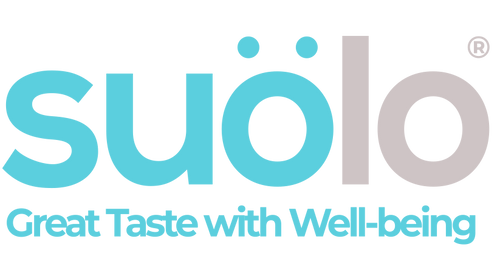Poor diet is responsible for more deaths than any other risks globally, including tobacco smoking. It is known that the sub-optimal intake of just 3 dietary factors account for more than 50% of diet-related deaths and 66% of diet-related life years lost to ill health, disability or early death. These dietary factors are too much sodium and too little wholegrains and fruit. In 2017 the high intake of sodium was responsible for 3 million deaths and 70 million life years lost to ill health, disability or early death.
Fortunately you can do something to improve your health and well-being by just following simple steps to improve your diet.
Simple steps to improve your diet include:
· Eat less salt and no more than 6g a day for adults. 6g of salt is approximately 1 teaspoon which contains 2.4g of sodium. Eating too much salt can raise your blood pressure. People with high blood pressure are more likely to develop heart disease or have a stroke. About ¾ of the salt you eat is already in the food when you buy it such as breakfast cereals, soups, breads and sauces. More than 1.5g salt per 100g means that the food is high in salt so choose lower salted options. When you cook from scratch at home you can improve the flavour of your foods by using Suölo Reduced Sodium Sea Salt and seasonings. Suölo seasonings have 50% less sodium than regular salt but with added potassium and magnesium. Potassium and magnesium are known to have a beneficial effect on blood pressure and are involved in so many biochemical processes in the body that maintaining an optimal dietary intake may positively impact your overall health.
· Choose higher fibre or wholegrain varieties of starchy carbohydrates such as wholewheat pasta, brown rice or potatoes with their skins on. They contain more fibre than white or refined starch and can help you feel fuller for longer.
· Eat lots of fruit and vegetables – at least 5 portions every day which can be fresh, frozen, canned , dried or juiced. A portion of fresh canned or frozen fruit and vegetables is considered to be 80g or 30g for dried fruit. One 150ml glass of fruit juice, vegetable juice or smoothie also counts as 1 portion.
· Eat more fish , including a portion of oily fish, as fish is a good source of protein, minerals, vitamins. Oily fish is also rich in omega-3 fats which help to prevent heart disease.
· Cut down on saturated fat and sugar because although you need some fat in your diet it’s important to pay attention to the amount and type of fat you are eating. Cut down on saturated fat and choose foods that contain unsaturated fats such as vegetable oils and spreads, oily fish and avocados. More than 22.5g of total sugars per 100g means that a food is high in sugar. So make use of your food labels to check how much sugar and fat they contain.
· Drink plenty of fluids to stop getting dehydrated. Drinking 6-8 glasses of water every day is recommended but try to avoid sugary soft and fizzy drinks as they are also high in calories and bad for your teeth.
Like many other things in life, balance is also the key to healthy eating.
Also - get active and be a healthy weight because as well as eating healthily, regular exercise may help reduce your risk of getting serious health conditions which is important for your quality of life and well-being!

